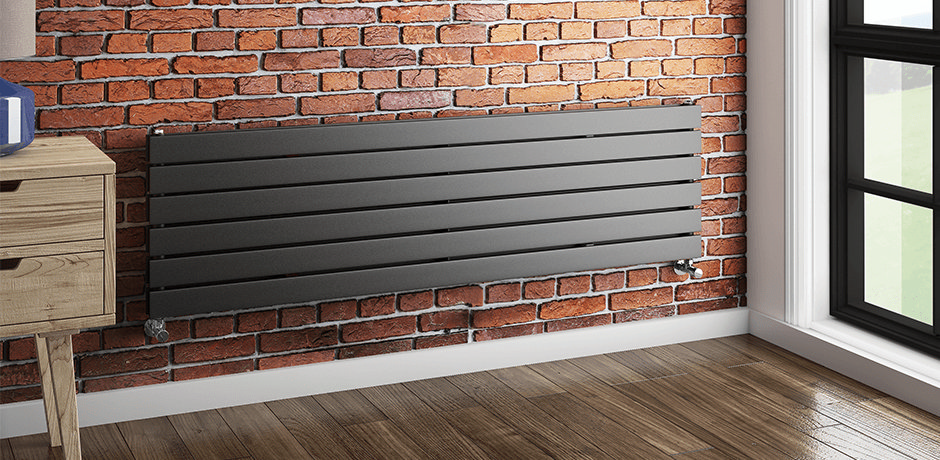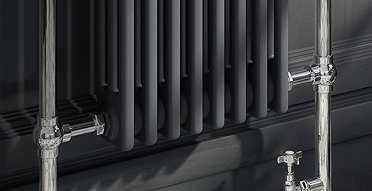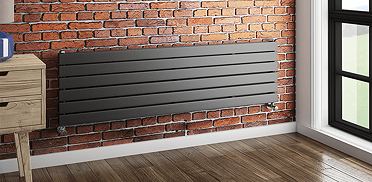OUR BOXING DAY SALE ENDS SOON!
Free delivery on orders over £499*
How to Calculate BTU
How to Calculate BTU
All radiators have a BTU measurement, but what does it mean? Follow our guide to find out how to calculate the correct BTU for any room in your house.

When updating your home, one of the trickiest things to consider is your heating. Choosing the perfect radiator or heated towel rail is difficult enough, but knowing whether it is suitable to heat your room is another matter entirely. Luckily, help is at hand, and it comes in the form of three simple letters: BTU.
What is BTU?
If you’ve only just come across the term, welcome to the club! BTU stands for British Thermal Unit, and is the standard way to work out how much heat output is required to keep your room warm.
If you remember any of your science lessons in school or actually want to know the technical detail, 1 BTU is equal to 1055 joules and is the amount of energy needed to heat 0.45kg (1lb) of water by -17°C (1°F). Make sense?
In simple terms, the higher the BTU, the greater the heat output. For example, the Keswick 600 x 1370mm Horizontal Radiator has a BTU output of 7820, meaning it is suitable for heating very large rooms. Whereas the Paladin Churchill Cast Iron Radiator has a BTU output of 1592, meaning it really is only suitable for keeping towels warm, not for heating a whole room.
Buy heating with a BTU output that is too high for your room, and you’ll literally be burning extra cash on unnecessary energy bills. Buy one with a BTU output that is too low, and you simply won’t get enough heat, meaning you’ll have it cranked up to maximum the whole time. So it's important you know how to calculate the BTU for your room.
Video showing how to calculate BTU
How to work out the correct BTU output for your room
Take into account the type of room you are looking to heat—is it a bathroom, bedroom, kitchen, dining room, living room or hallway?
Different room types, generally, require slightly different temperatures. Here are some typical examples below (but you may prefer your room to be warmer or cooler):
- Living Room/Dining Room: 21-22°C/70-72°F
- Bathroom: 21°C/70°F
- Kitchen: 20°C/68°F
- Bedroom/Hallway/Cloakroom: 18°C/65°F
Measure the length, width and height in metres and note this down. (If you have an odd-shaped layout, divide the room into separate rectangles and measure each one separately)
Next, you have to take into account heat loss:
- Do you have any windows or doors?
- Are they single or double glazed?
You are now ready to perform your BTU calculation, using the tables below:


Of course, the above calculations are meant as a rough guide to choosing your heating. We would thoroughly recommend hiring a qualified and experienced plumber to fully calculate your required BTU. They will take other factors into account, including the number of external walls and the size of windows and doors.
Calculated your BTU?
We hope this has helped answer your questions in relation to how to calculate BTU ratings for your home. Now that you have a grasp on BTU, if you’d like some more guidance on heating, feel free to read our blog on choosing the best radiators for your home. Interested in smart heating too? Why not check out our smart heating range.

Jack
Jack is part of the resident bathroom bloggers team here at Victorian Plumbing. As a bathroom décor and DIY expert, he loves writing in depth articles and buying guides and is renowned for his expert 'how to' tutorials.


